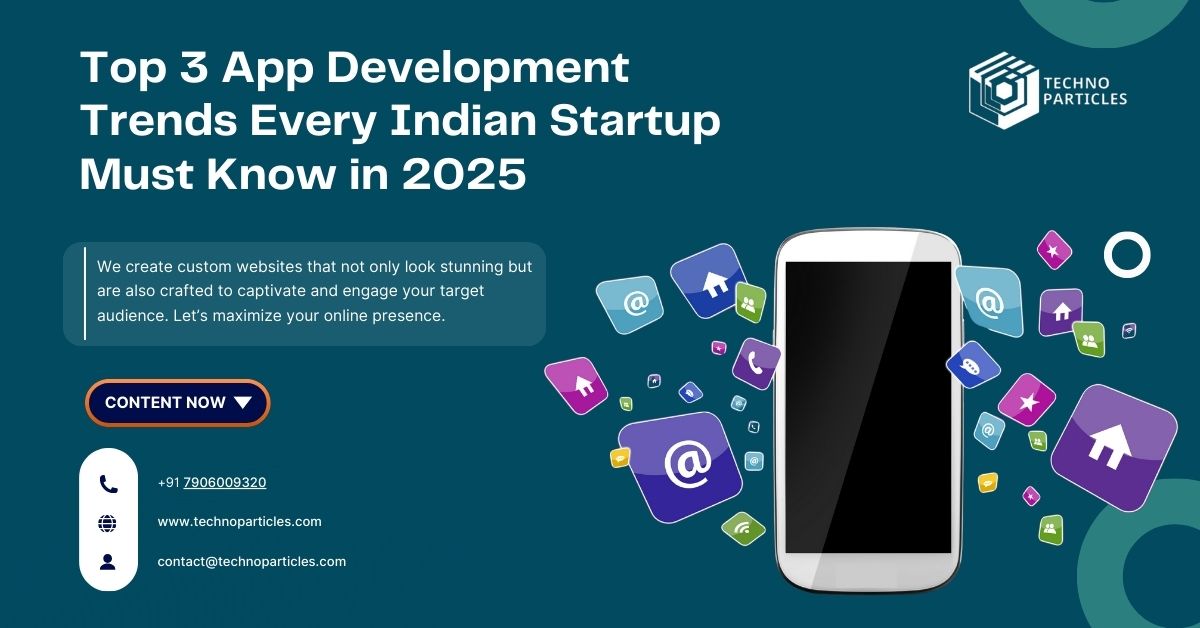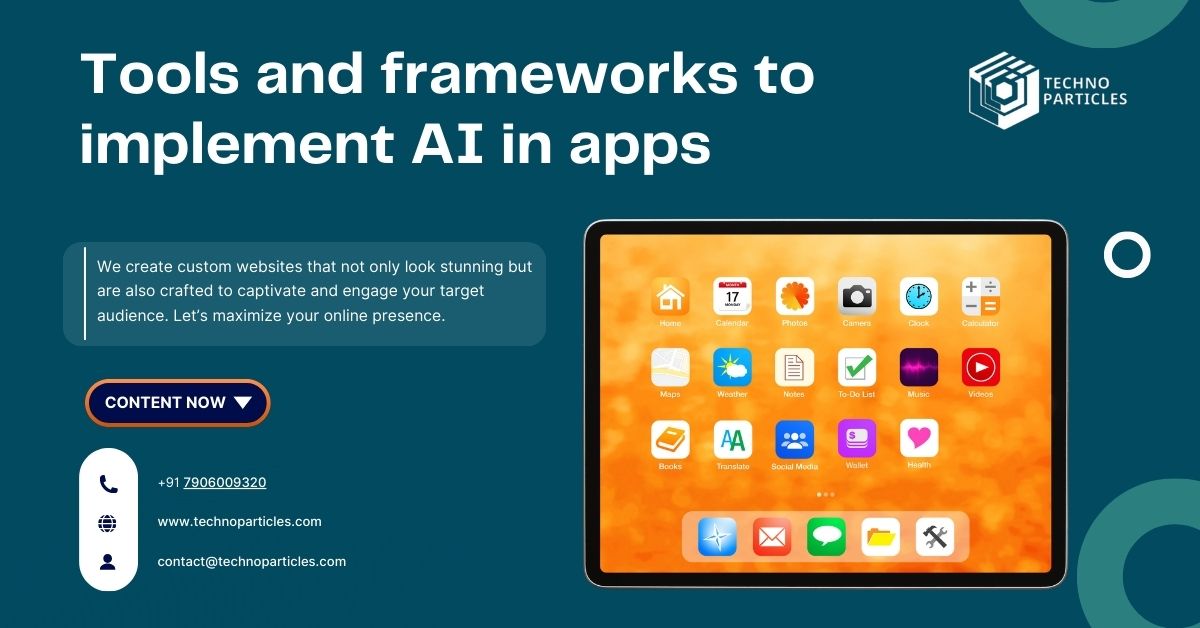Introduction
Why Staying Updated on App Development Trends Matters
The mobile app landscape in India is evolving rapidly. Startups and small businesses are no longer just building apps for presence — they are creating experiences that drive engagement, loyalty, and revenue.
Keeping up with the latest app development trends helps businesses avoid outdated solutions, leverage emerging technologies, and stay ahead of competitors in a fast-growing market like India. From personalization to cross-platform development, understanding these trends ensures your app can scale, perform, and delight users.
The rapid evolution of mobile technology in India
India’s smartphone penetration, faster internet speeds, and increasing digital adoption are reshaping how consumers interact with apps. Features like in-app payments, push notifications, and AI-driven recommendations are now table stakes for businesses wanting to capture attention and retain users.
How startups can leverage trends to gain a competitive edge
Startups that implement the latest trends effectively can reduce costs, accelerate time-to-market, and offer superior user experiences. Early adopters in Agra and across India are already reaping the benefits by increasing engagement, conversions, and customer satisfaction.
Trend 1: AI-Powered & Personalized Apps
Smarter Apps That Adapt to User Behavior
AI is no longer just a buzzword — it’s transforming apps into intelligent, personalized experiences. Apps can now learn user preferences, predict needs, and deliver tailored content and suggestions that keep users engaged longer.
Personalization using AI and machine learning
Machine learning algorithms analyze user behavior, such as past purchases, browsing patterns, and engagement, to offer personalized product recommendations, content, and notifications. Personalized experiences increase conversion rates and user satisfaction.
Examples: Personalized recommendations, chatbots, adaptive interfaces
E-commerce apps can suggest products based on previous searches, while service apps can offer reminders or tips tailored to the user. AI-powered chatbots provide instant support, improving customer retention and reducing operational costs.
Tools and frameworks to implement AI in apps
Frameworks like TensorFlow, PyTorch, and Microsoft Cognitive Services enable AI integration, while platforms like Dialogflow help implement smart chatbots. Indian startups can also leverage pre-built APIs for recommendations and predictive analytics.
Trend 2: Cross-Platform & No-Code App Development
Faster, Affordable, and Accessible App Creation
Startups are increasingly adopting cross-platform and no-code/low-code technologies to speed up development and reduce costs. These solutions allow apps to run on both iOS and Android without building separate codebases.
Benefits of cross-platform frameworks like Flutter and React Native
Flutter and React Native enable developers to write code once and deploy it across platforms, significantly reducing development time. These frameworks also offer near-native performance, customizable UI, and rapid updates.
No-code/low-code platforms: Build apps without coding expertise
No-code platforms like Glide, Adalo, and Bubble empower entrepreneurs with limited technical skills to create fully functional apps quickly. These platforms are ideal for MVPs, testing ideas, or launching small-scale applications in Agra or beyond.
How Indian startups can save time and cost with these technologies
Using cross-platform and no-code tools reduces the need for large developer teams, shortens the development cycle, and lowers overall costs — making it easier for startups to compete in India’s fast-moving digital landscape.
Trend 3: Enhanced App Security & Privacy Features
Building Trust in an Increasingly Digital World
With rising online transactions and personal data usage, app security is no longer optional. Startups must prioritize secure architectures and privacy-compliant features to gain users’ trust.
Importance of GDPR, data encryption, and secure payment integrations
Compliance with GDPR, India’s IT Act, and encryption standards ensures sensitive user data is protected. Secure payment gateways like UPI, Paytm, and Razorpay help prevent fraud while enhancing user confidence in your app.
Examples of startups improving retention with security-first design
Startups focusing on security see higher retention and repeat usage. Users are more likely to complete transactions or share personal information with apps that clearly prioritize privacy and data protection.
Tips for implementing security without compromising UX
Balance security and usability by using biometric logins, tokenized payments, and minimal permission requests. Clear privacy policies and intuitive security features enhance trust without frustrating users.







Leave a comment